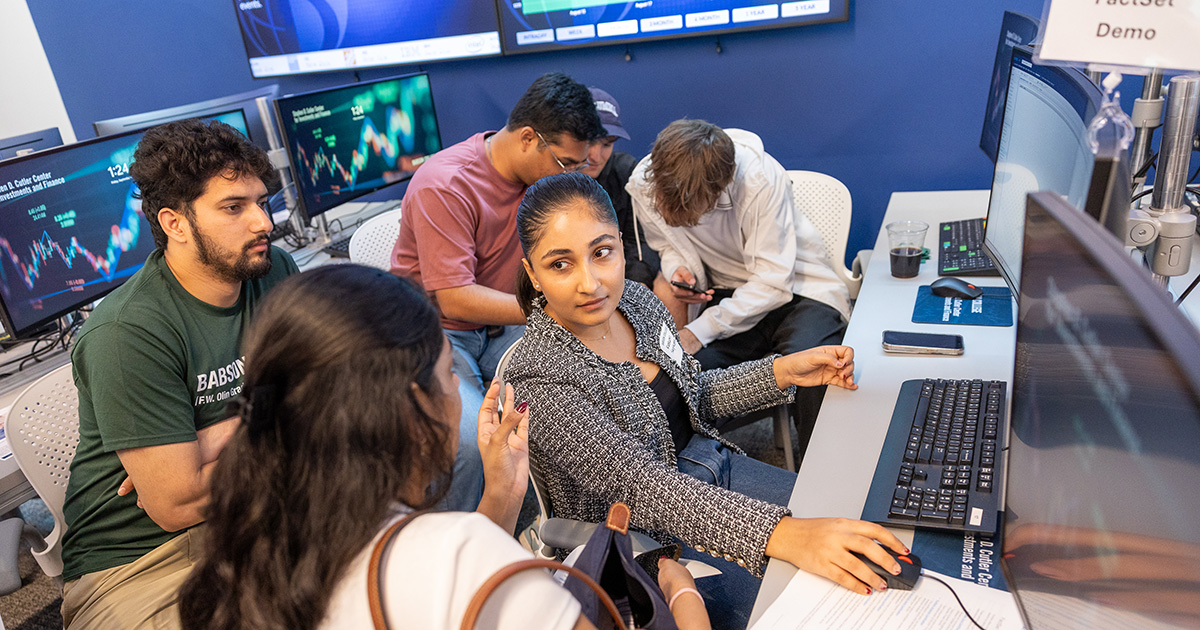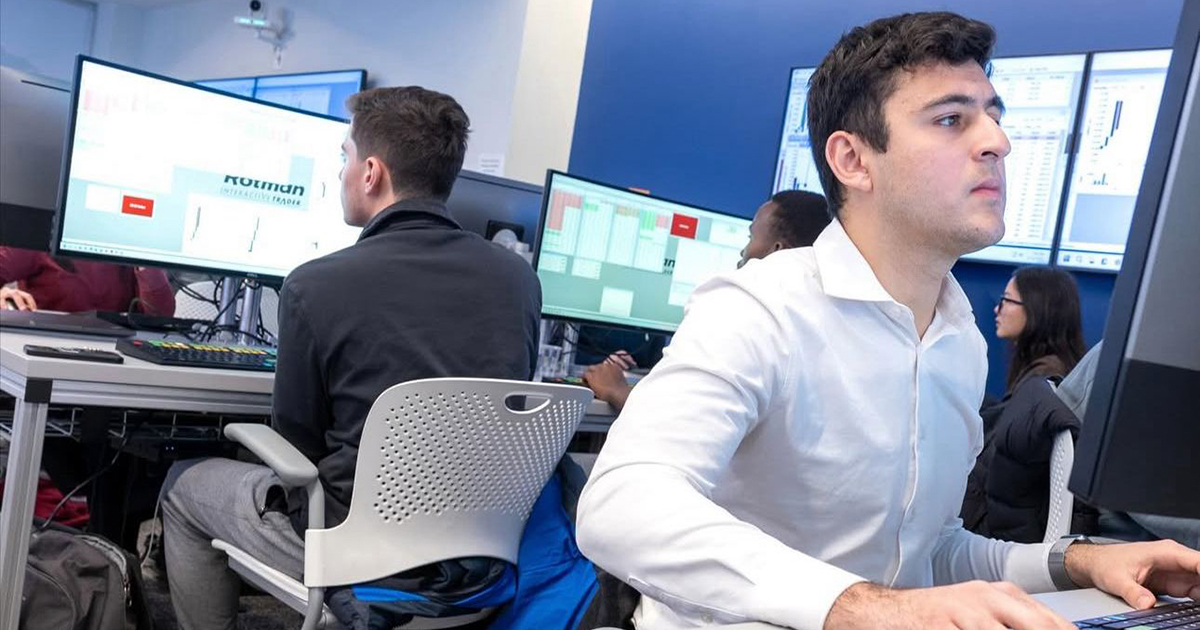Michael Ioffe’s Conversation Became a World-Changing Idea

A series of conversations with students in Yemen left Michael Ioffe ’21 with an idea—that text messages could be used to bridge the digital learning access gap.
That idea became Arist, the first text message university, which was just named a finalist in Fast Company’s 2019 World-Changing Ideas competition, placing it as one of the top 20 most remarkable education-focused innovations (and one of the top 200 most remarkable innovations overall) of the past year. The World-Changing Ideas competition recognizes companies, non-profits, and individuals that commit to social good through breakthrough innovation.
“Arist started out as a somewhat ridiculous idea—why not teach using text messages?—and being recognized by Fast Company is validation that we’re onto something,” says Ioffe. “Our team is thrilled that something that was considered absolutely crazy a year ago is now being seen more and more as a meaningful learning tool.”
How Arist Works
Co-founded by Ioffe, Arist works with professors, experts, and organizations to create text message courses, and subsequently delivers them to consumers and employees worldwide using their text message learning platform.
Each course is anywhere from 10-60 days long, with each day containing a 900 character explanation of a concept followed by an exercise.
Arist’s Beginnings
An experience in Yemen led Ioffe to understand that digital learning was still extremely inaccessible to those that needed it the most. Specifically, limited access to high-speed internet prevented billions of students from accessing educational videos online.
With the help of Yemeni student Mohammed Al-Adlani, Ioffe realized that text messages, the most reliable and widespread digital communication medium on the planet, could be used to bridge that gap, making educational insight from leading professors and thought leaders accessible to the world’s 5 billion people with cell phones.
Arist subsequently worked with professors at Babson College and the University of Southern California to design and launch the first text message course, Introduction to Entrepreneurship, in May 2018. Ioffe and the Arist team–made up of Ryan Laverty ’20, Maxine Anderson ’22, and Joe Passanante–quickly realized that along with being more accessible, text message courses were also extremely effective for learning, with research conducted by Stanford and Penn State confirming that text messages had tremendous educational potential.
“Arist would simply not be possible without Babson,” says Ioffe. “The professors, faculty, and administration have been there to help our team out and guide us every step of the way, and I know our entire team is extremely grateful to be here. It’s just the best place to be an entrepreneur.”
No stranger to entrepreneurship, Ioffe also founded TILE, the world’s largest conversation series, which just announced its 400th chapter in its 49th country. He still serves as a board member and President of the organization.



